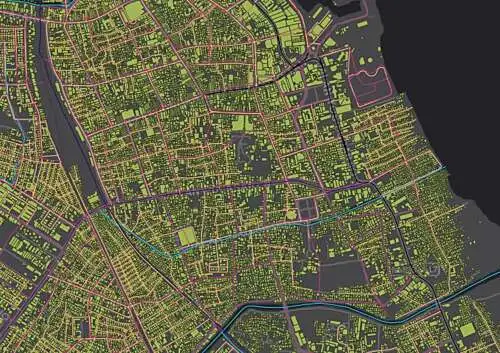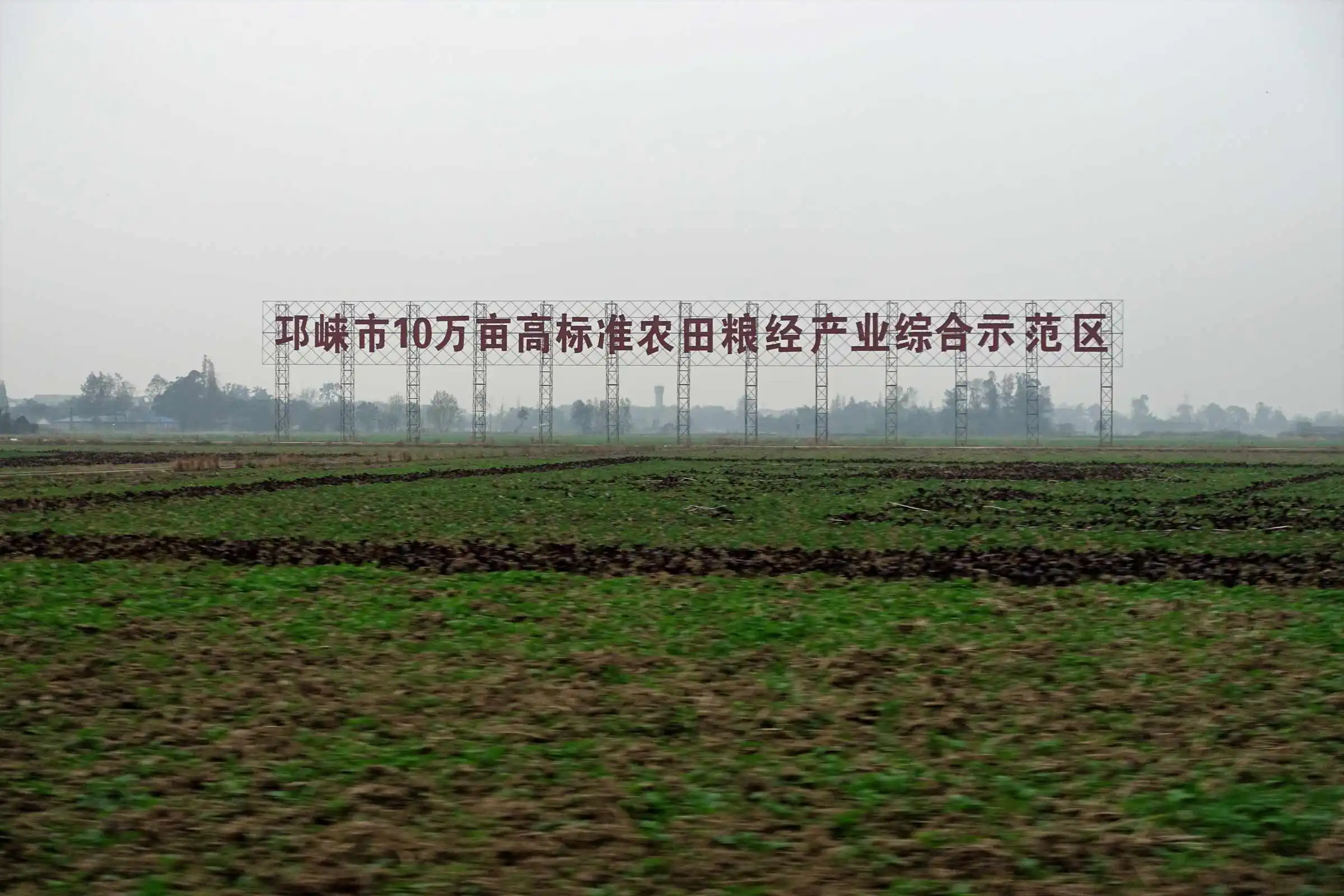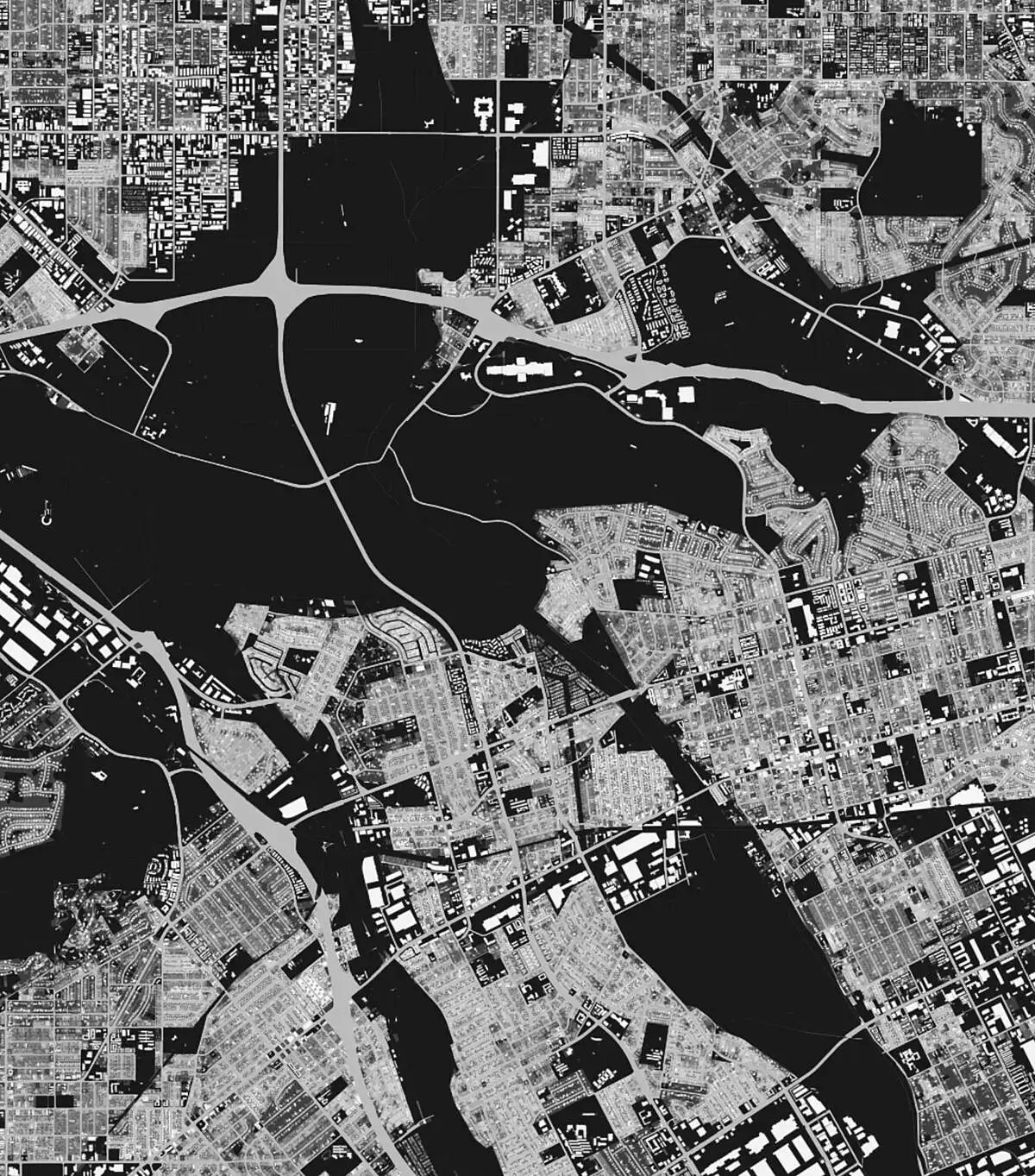
UR_ is a strategic design practice specialising in complex challenges where people’s lives, ecologies and critical systems intersect. We help organisations and communities make sense of complexity, unlock potential, and shape better environments. Our approach is place-sensitive and system-wise — grounded in design, architecture, urbanism, geography, and planning, and driven by analysis, innovation, and collaboration.
Complex challenges differ from regular problems. They are hard to define, with many interconnected parts, multiple scales, and unique dynamics. They defy one-size-fits-all solutions and standard templates. Complex challenges can be big, like dealing with urban sprawl, housing crises, or climate change adaptation in cities and regions. They can also be local, like managing water scarcity, positioning polluting land-uses or addressing traffic congestion. Whatever their scale or scope, complex challenges demand place-sensitive and system-wise approaches.
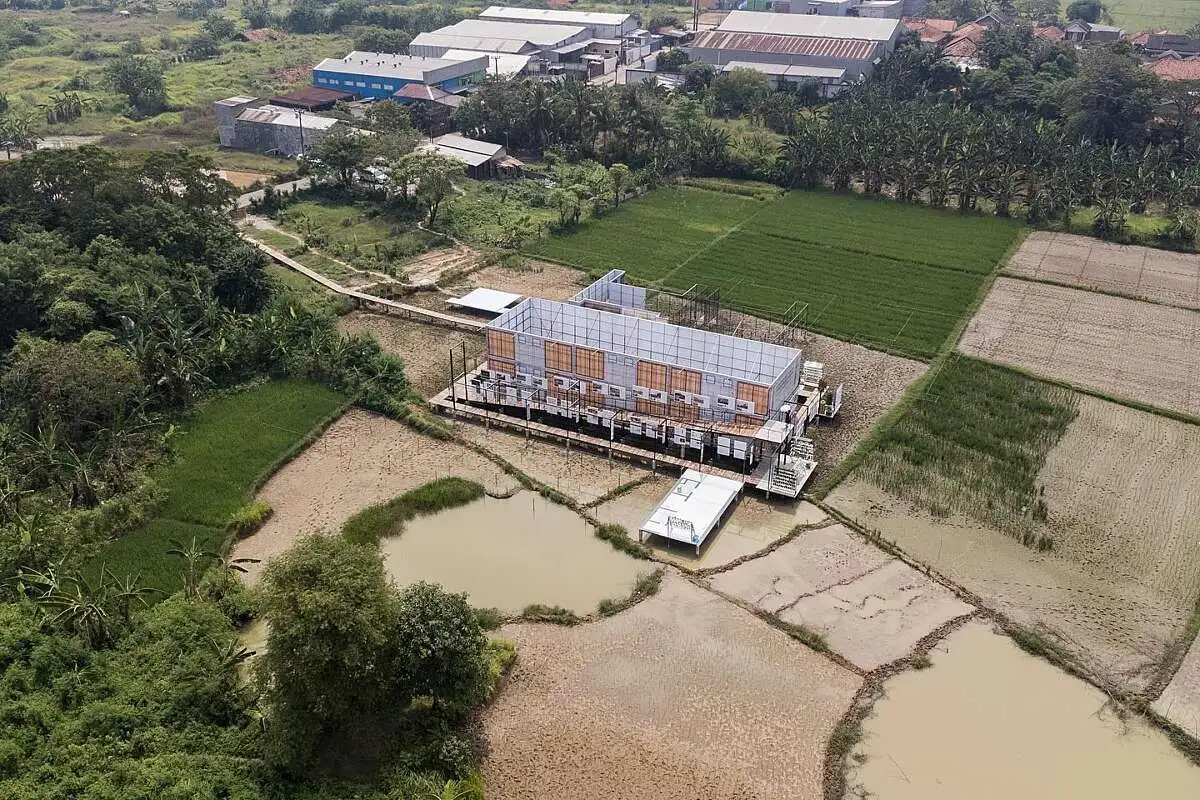
Agropolitan Seed Town, Cikarang, West Java (IDN 2023), curated for Future Cities Lab (FCL), demonstrating model building types tailored for megacity regions in Monsoon Asia. View project.

Design proposals. Buildings, neighbourhoods, urban fabric, and landscapes — from the kitchen sink to the bioregion.
Strategic plans. Scenarios, roadmaps, and implementation frameworks — from everyday routines to next-generation systems.
Catalyst projects. Test-beds, demonstrators, and innovation incubators — from rapid prototypes to durable solutions.
Collaborative tools. Co-creation tools, decision platforms, and participatory processes — from community workshops to innovation ecosystems.
Knowledge resources. Research, evidence, and strategic foresight — from tactical guidebooks to transformative maps.
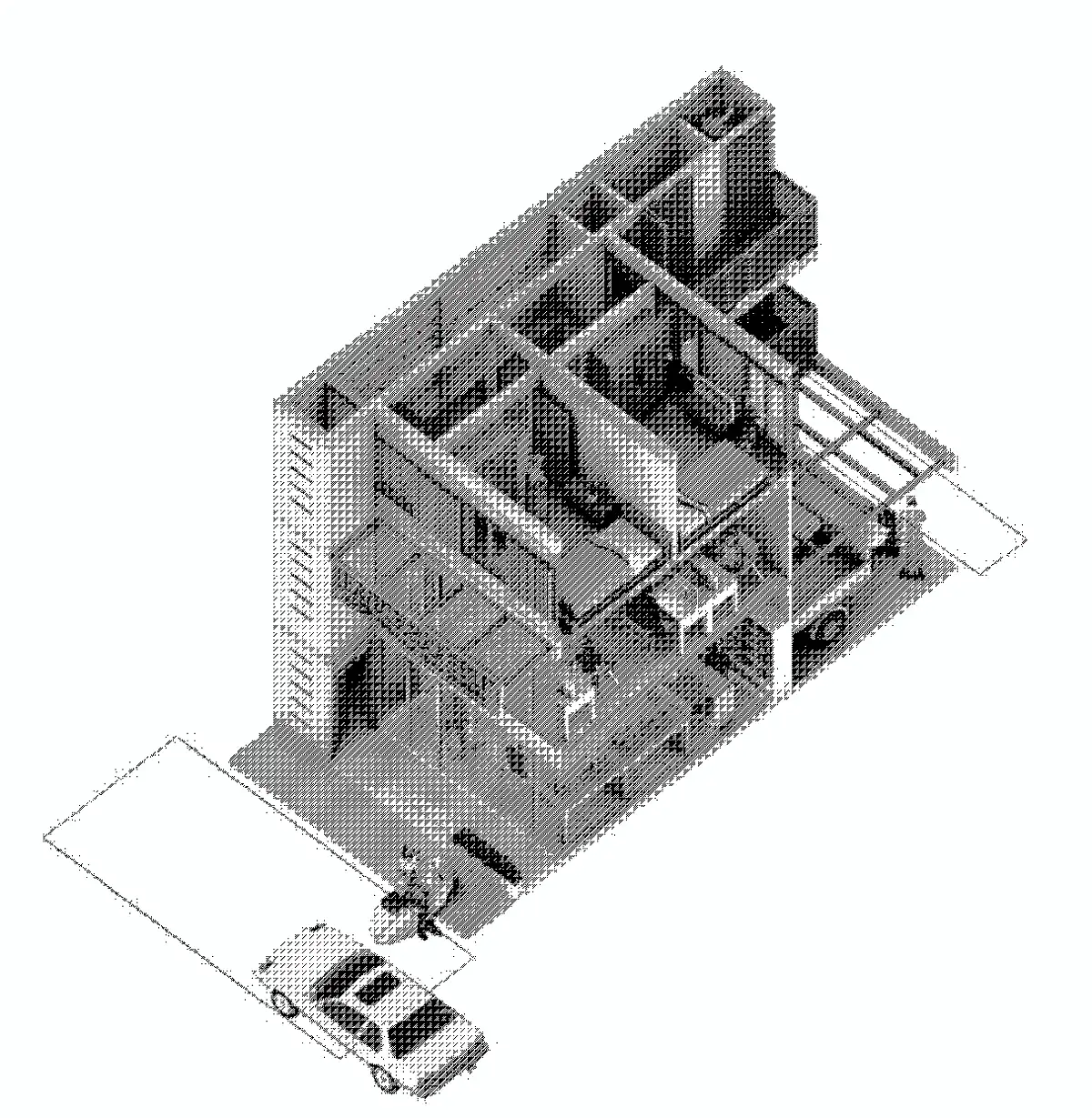
How we work between
Scale is not a ladder. Complex challenges defy simple hierarchies. House types spread across regions, street food networks feed cities, home industries shape markets, and urban patterns echo across territories. We work at these intersections — of lives, ecologies, and systems — bridging disciplines and connecting sectors.
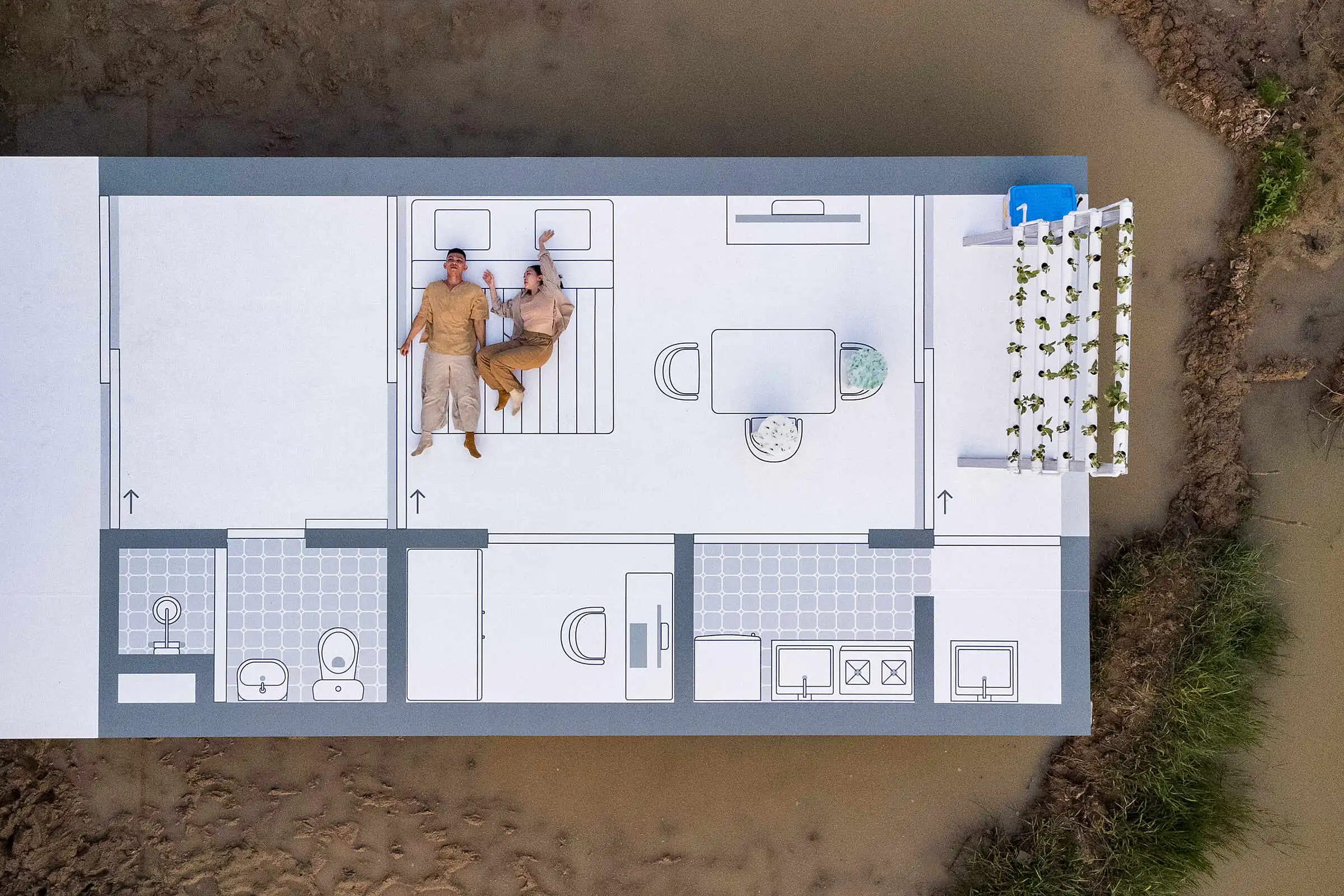
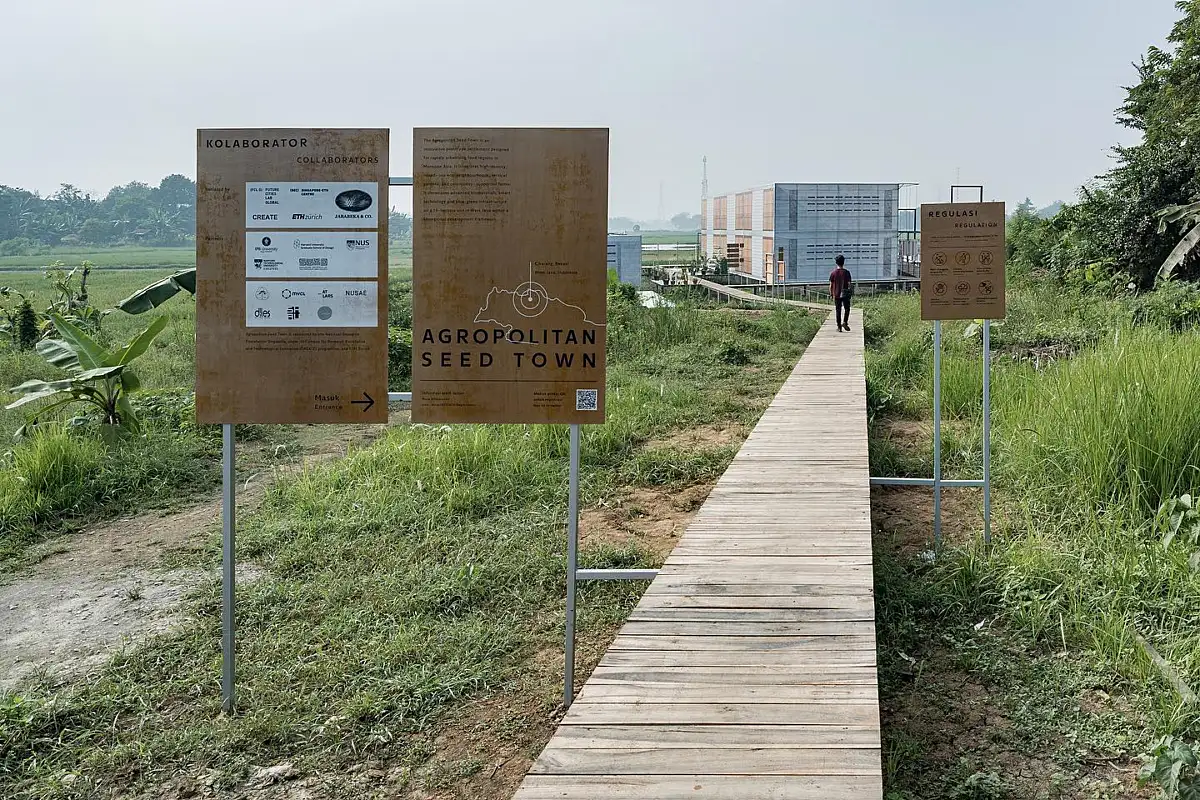
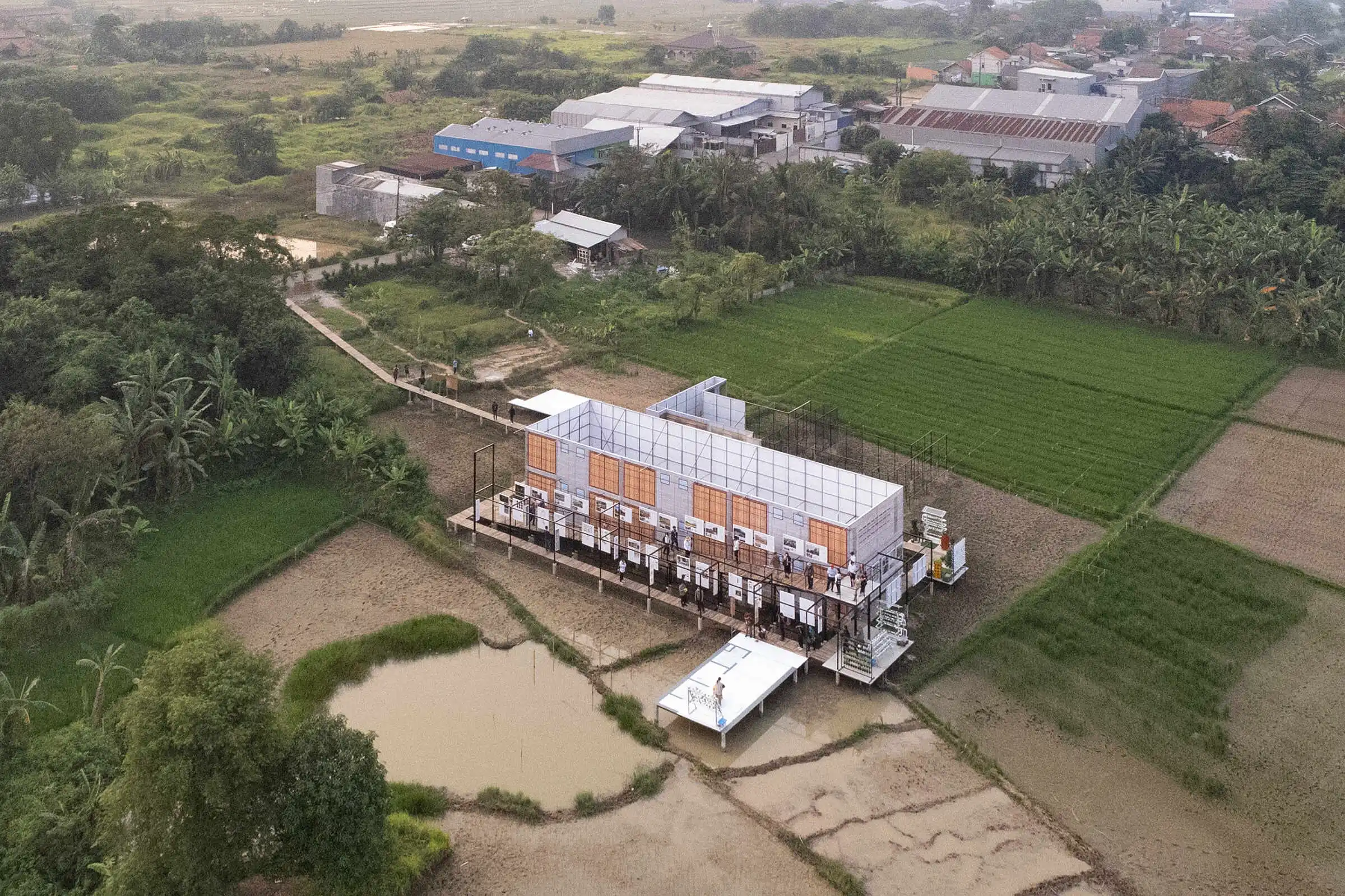
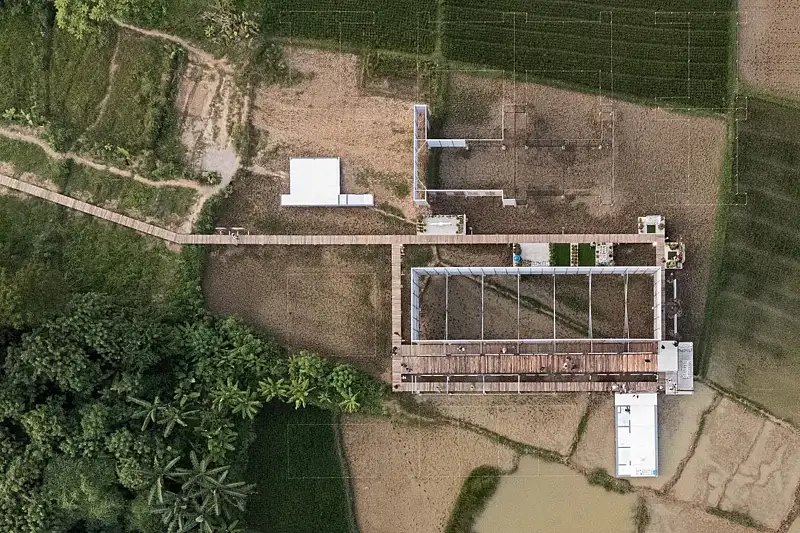
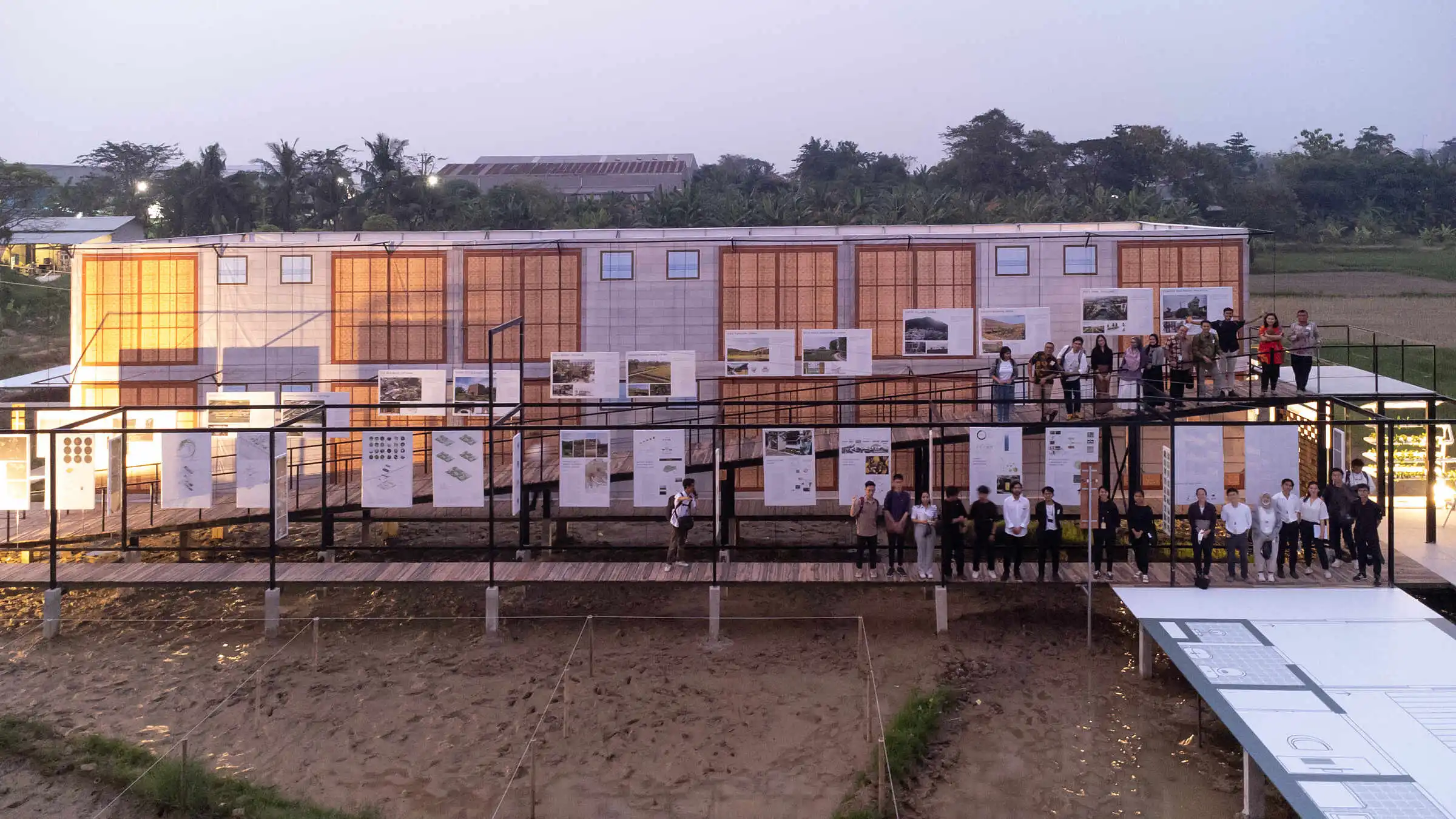
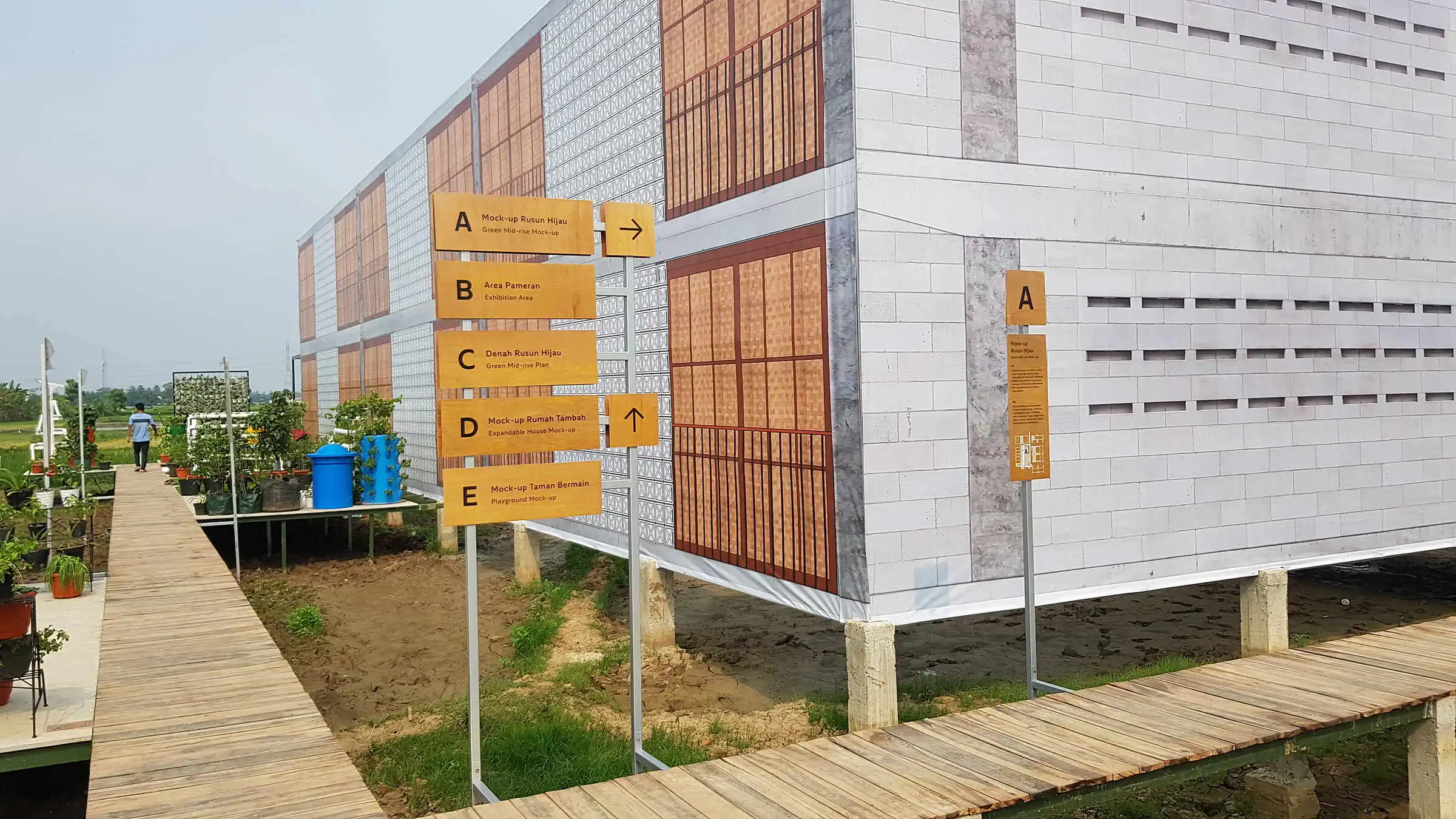
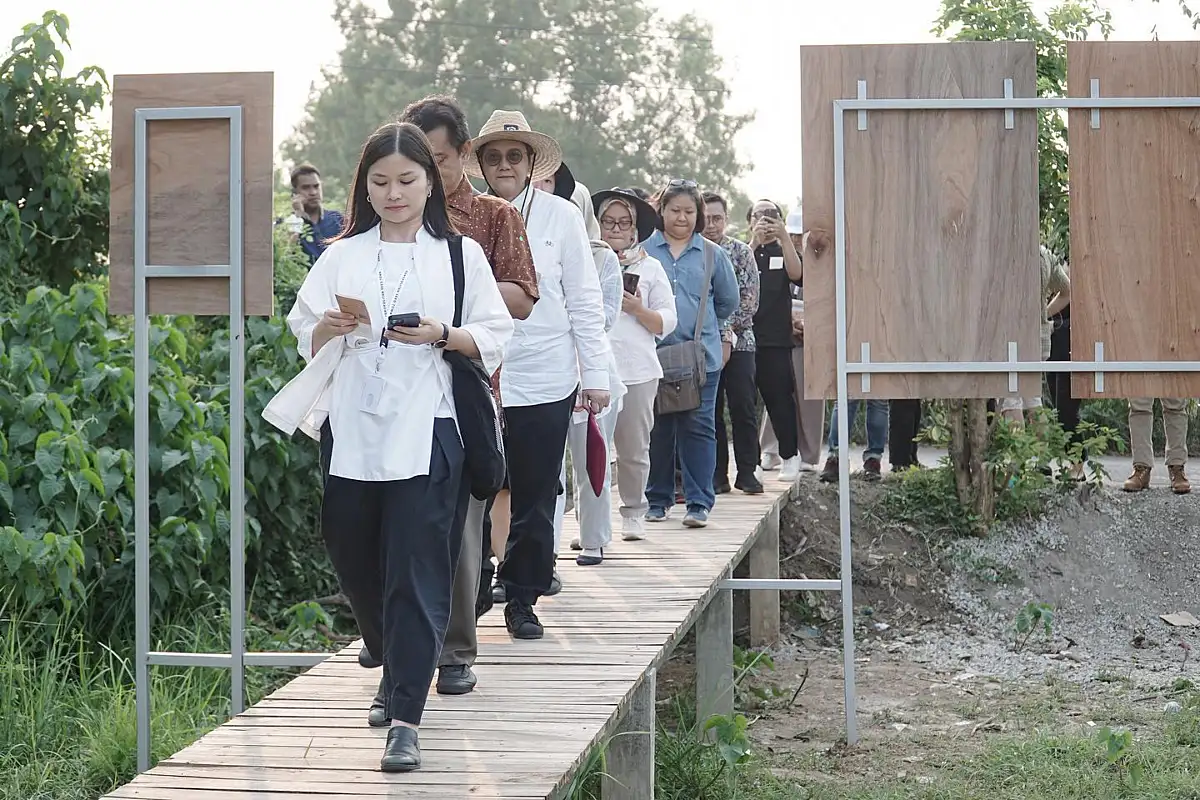
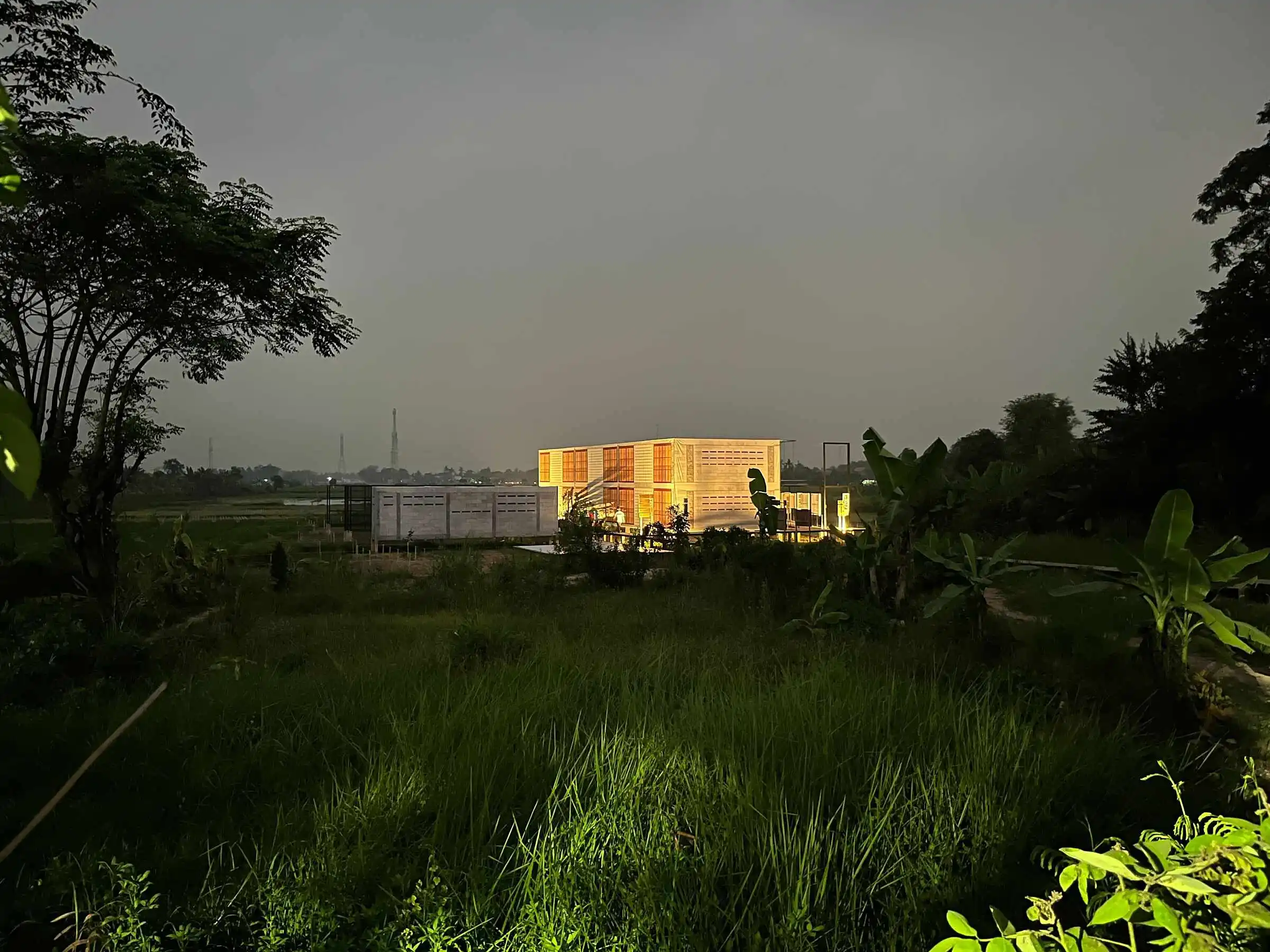
Scaling without ladders
From street markets in Dhaka to policy rooms of London — we study how one thing shapes another. A street becomes a system. A choice in one place echoes in another. We follow the links, not the steps.
Catalysing change
We build small things that start big shifts. A house that grows with a family in Batam. A market that links a city to its farms outside Jakarta. We test ideas in the open. What works here can move the system there.
Forensic futures
We study what’s built and what’s been forgotten — from Singapore’s Home-Based Work to historical infrastructure — to design for continuity.
Collaboration
We collaborate with street vendors and development banks, neighbourhood councils and national agencies, local builders and global universities — linking ground realities to system-level change.
Projects
People
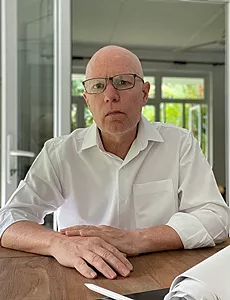
Dr Stephen Cairns is an urban designer, writer, and teacher. He is Professor at Monash Indonesia, Titular Professor at ETH Zurich, and leads the Agropolitan Territories group at Future Cities Lab (FCL) in Singapore. He has held visiting professorships at the Graduate School of Design (GSD) Harvard University and National University of Singapore (NUS).
He co-authored Buildings Must Die: A Perverse View of Architecture (MIT Press 2017), co-edited the Future Cities Laboratory: Indicia series (Lars Müller Press with NUS Press 2017, 2019 and 2022) and designed the Expandable House (Awarded Living Space of Asia Pacific, 2020; nominated for ‘Building of the Year’, 2018 and 2020 Archdaily; and short-listed for Aga Khan Award for Architecture, 2022 cycle.
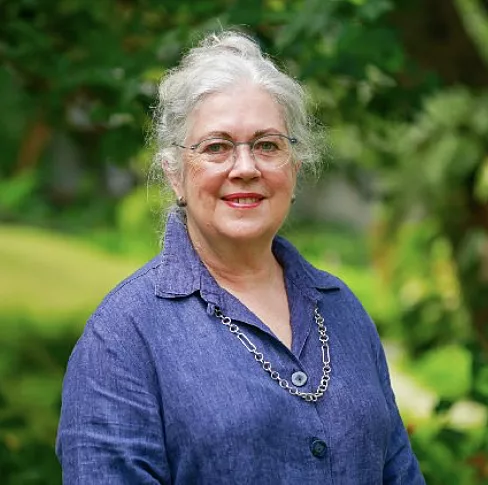
Dr Jane Jacobs was awarded her PhD in human geography from University College London (1991), with a specialisation in cultural and urban geography. Across her career she has contributed to scholarship on colonial and postcolonial geographies, architecture and society, high-rise urbanism, and the politics of urban heritage.
She has published widely in these fields, including peer review papers, edited collections and single and co-authored books. Her key publications include: Edge of Empire: Postcolonialism and the City (1996 Routledge), Cities of Difference (1998 University of Minnesota Press), Uncanny Australia (1998 University of Melbourne Press), and Buildings Must Die: A Perverse View of Architecture (2014 MIT Press). Most recently, she has been involved in a digital humanities project on Digital Historical Maps of Southeast Asia and a multi-disciplinary project Foundations for Home-Based Work in Singapore.
Dr Jacobs has extensive international experience in higher education, having taught and assumed senior administrative roles at The University of Melbourne (1991−2001), University of Edinburgh (2001−2011) and Yale-NUS College, Singapore (2012- 2023). She is a keen advocate of peer mentoring in academic contexts, having experienced first-hand the professional development value of receiving scaffolded feedback from colleagues.
Bank of friendship
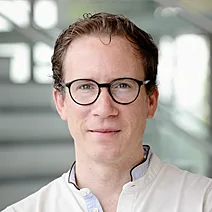
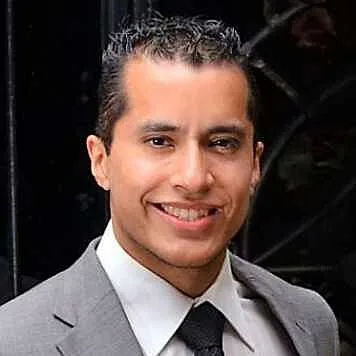
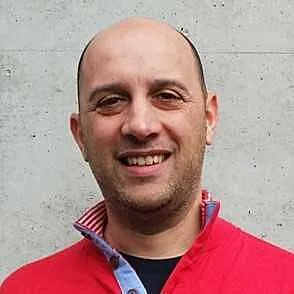
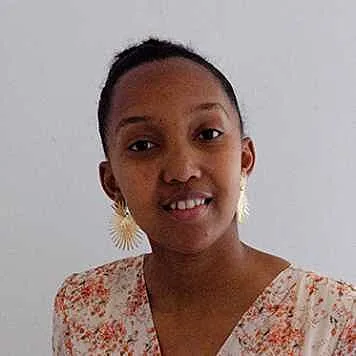



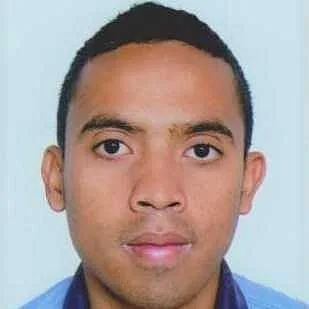


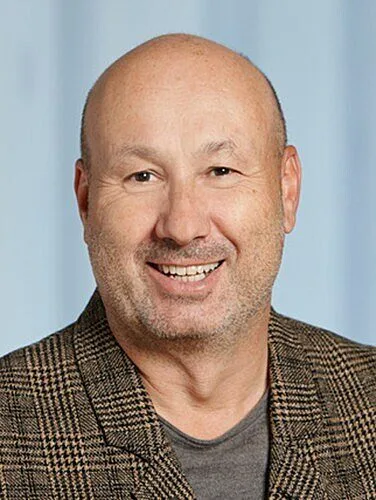

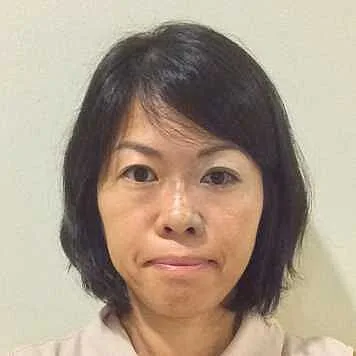
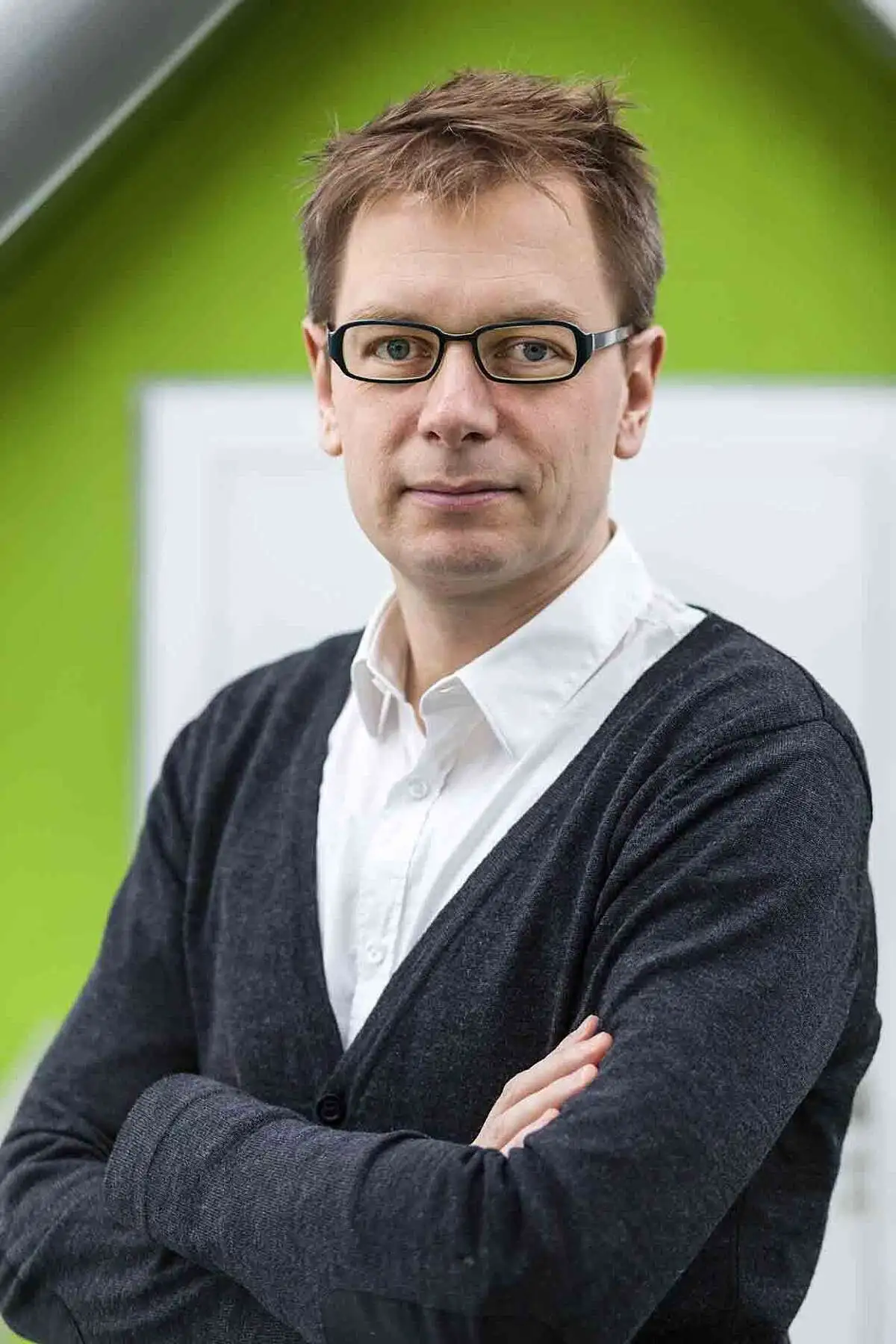
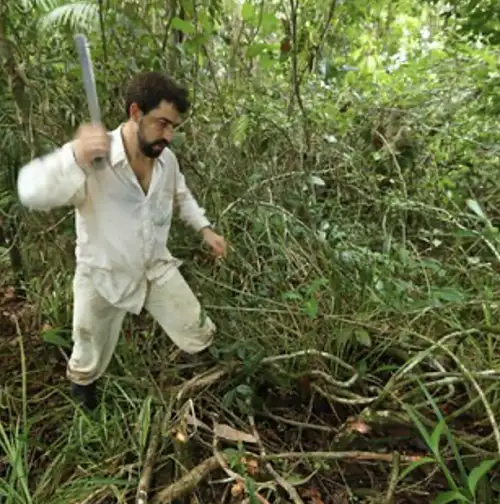


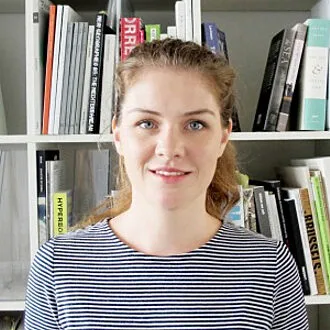




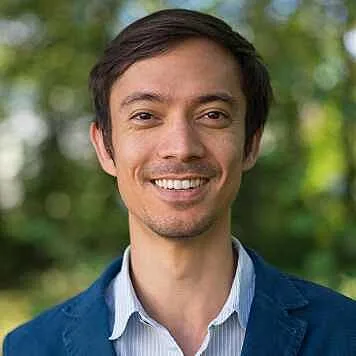
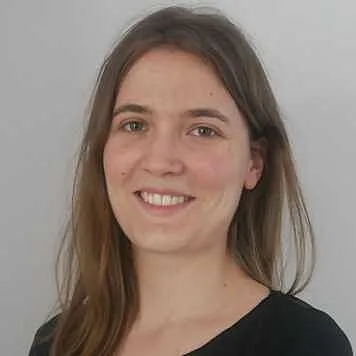
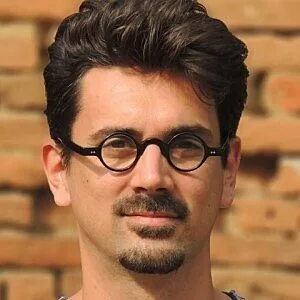






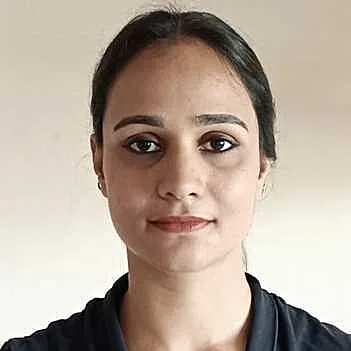


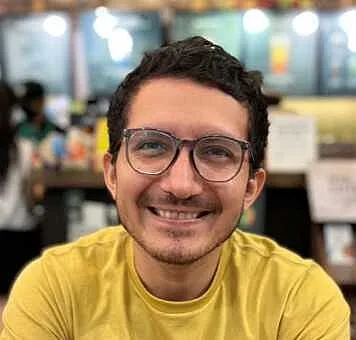

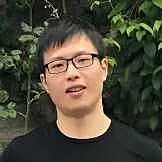
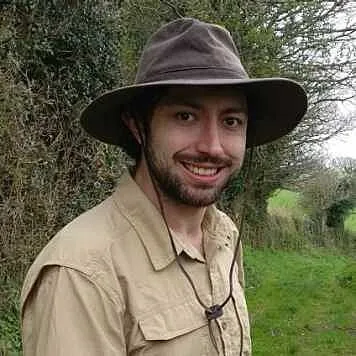



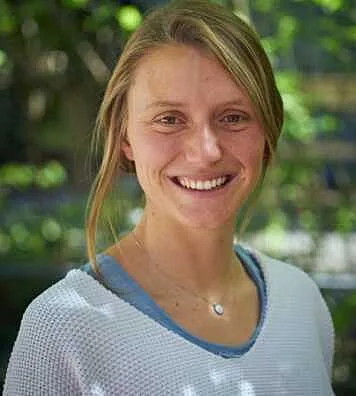
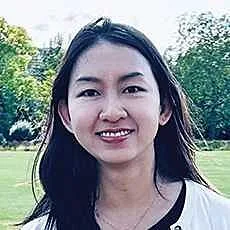

Publications
Exhibitions
Contact
Time in Abbotsford VIC, Australia
Tuesday, 5 December 2023
We live and work on the land of the Wurundjeri people of the Kulin Nation. We acknowledge their sovereignty and pay our respects to Elders past and present.


